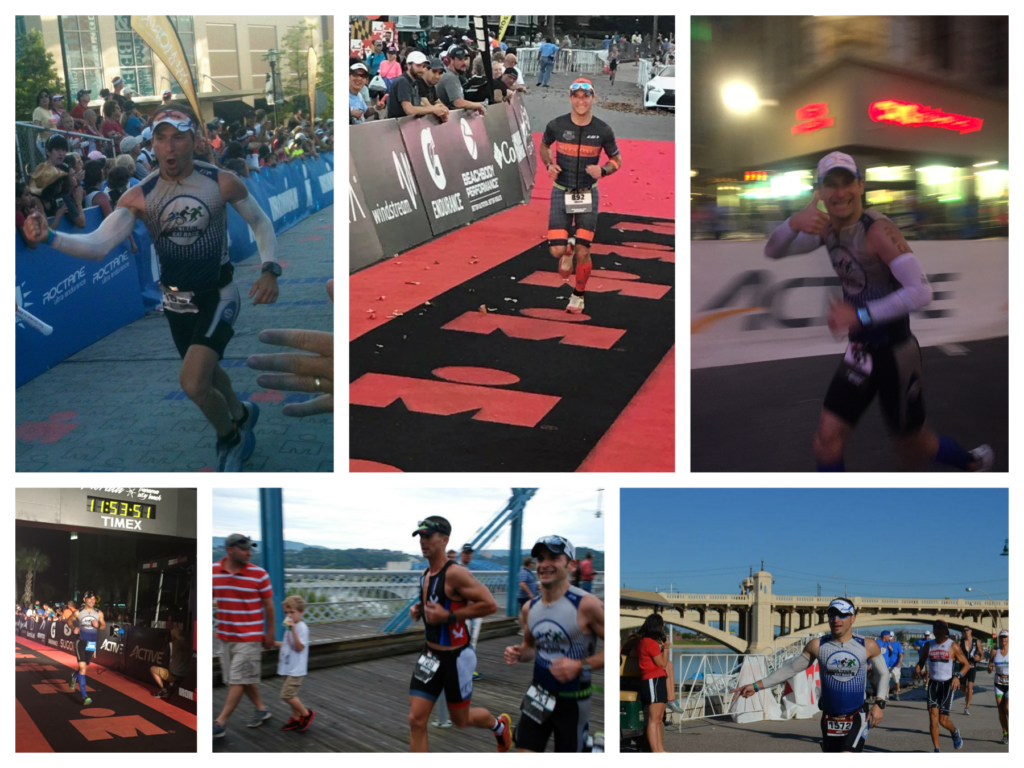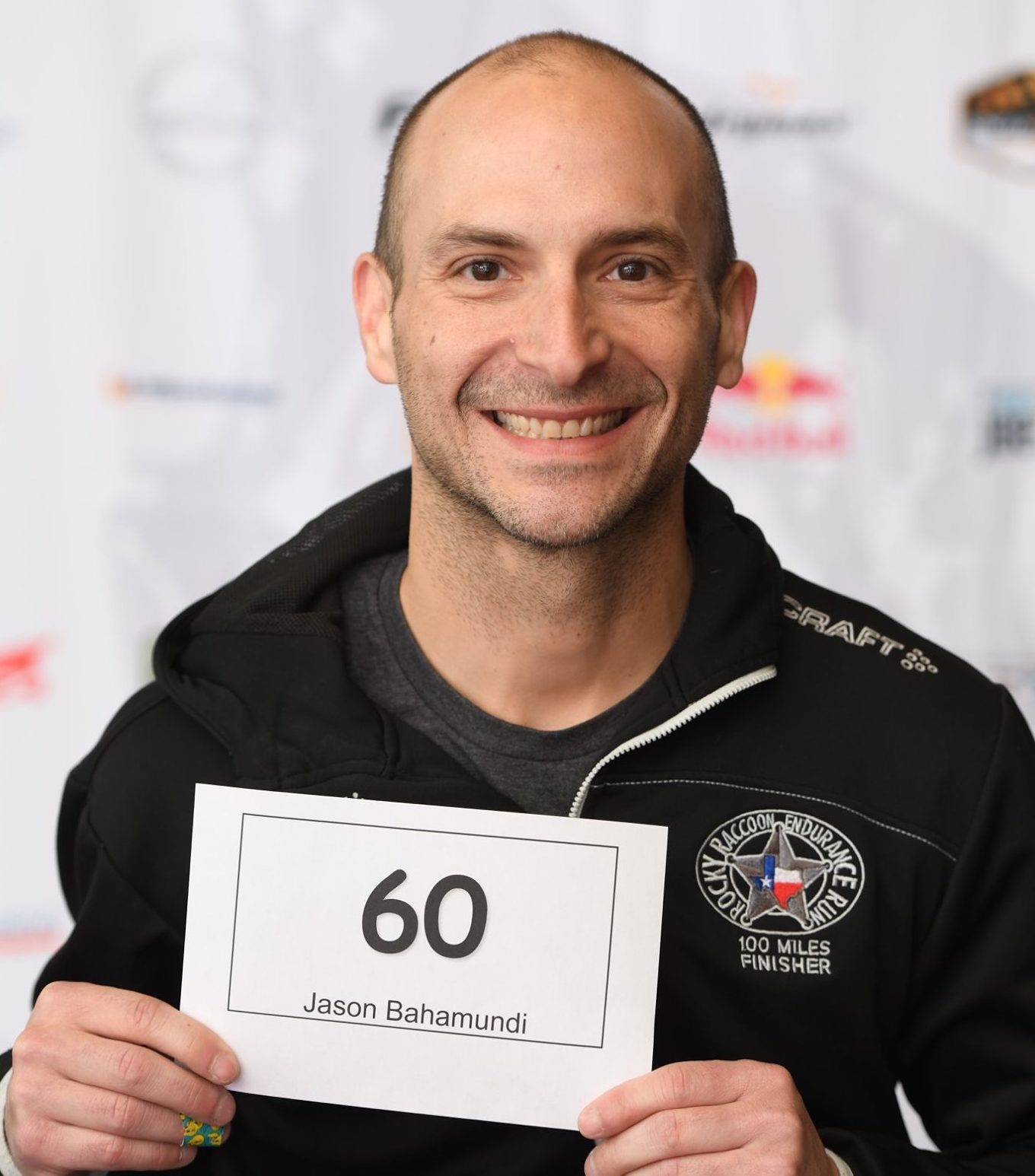Ironman 140.6 Events…What Has Happened Them?

In the world of endurance sports, there’s been a noticeable shift. As a seasoned athlete with a love for pushing my limits, I’ve spent the last 16 years participating in various endurance events. Among those years, I completed eight Ironman distance events. But something changed along my journey. The landscape of long-course triathlon in the United States began to evolve, and I found myself asking, “What has happened to Ironman 140.6 events?”
My Journey Through Ironman 140.6 Events
My last Ironman race ended in a DNF at Ironman Wisconsin in 2019. The reason? Exhaustion. That year, I had already raced two 100-mile trail ultras at Rocky Raccoon 100 and Western States. By the time Ironman Wisconsin came around, I was too tired. My mind wasn’t into the race. But it wasn’t just the exhaustion that shifted my perspective. I knew from my experience with nine races how much time it takes to train for Ironman 140.6 events. I simply didn’t want to pursue that time commitment again.
Training for an Ironman event demands a dedication of 15-20 hours per week, most of which falls on the weekends. It’s not just the training hours; it’s the travel, the stops along the route, the post-training eating and recovery. If you factor in everything, your entire Saturday could vanish into a single biking session.
The Evolution of Long-Course Triathlon
Over the years, I’ve noticed a decrease in Ironman branded events. What once thrived in the endurance sports scene seems to be dwindling. Since 2012, I’ve seen 15 different races come and go. What’s causing this shift? I believe it’s a combination of the time commitment and cost associated with long-course triathlon.
Factors Behind the Shift
Training for an Ironman is not just time-consuming; it’s also financially draining. Whether you’re training for a year or 16 weeks, the cost of hydration and nutrition products, not to mention equipment and event fees, can be overwhelming. This financial burden, coupled with the time commitment, seems to be pushing athletes towards shorter events. There’s a growing popularity for sprint and super-sprint races. At the same time that Ironman 140.6 events are dwindling the 70.3 distance seems to have gained traction.
The changing attitude towards endurance sports is also a factor. More people are seeking to enjoy outdoor activities without losing an entire day to them. While there are still those who seek to push their limits with races like the 200-mile runs, many find the idea of running a 10k or a half marathon more appealing due to the time and cost savings.
Adapting to the Changing Landscape
So, is there a way to make long-course triathlon more accessible and appealing? I believe there is. One possible solution is to allow relay teams in Ironman 140.6 events. This would not only distribute the cost among the team members but also provide a pipeline for those interested in the 140.6 distance by giving them the confidence they need after completing one portion of the event.
Looking Ahead with Optimism
Looking at the future of long-course triathlon in the United States, I anticipate a resurgence, albeit different from what we’re used to seeing from Ironman. With Ironman hosting only nine events in the United States in 2024, there’s a void that may be filled by independent races. These races, with a few hundred participants, could potentially bring back the long-course distance in a new and exciting way.
The Unchanging Spirit of Endurance
In the ever-changing landscape of endurance sports, one thing remains certain: our love for pushing boundaries and testing our limits. Whether it’s a 10k trail run or an Ironman 140.6 event, the spirit of endurance lives on.
ADVERTISEMENT










